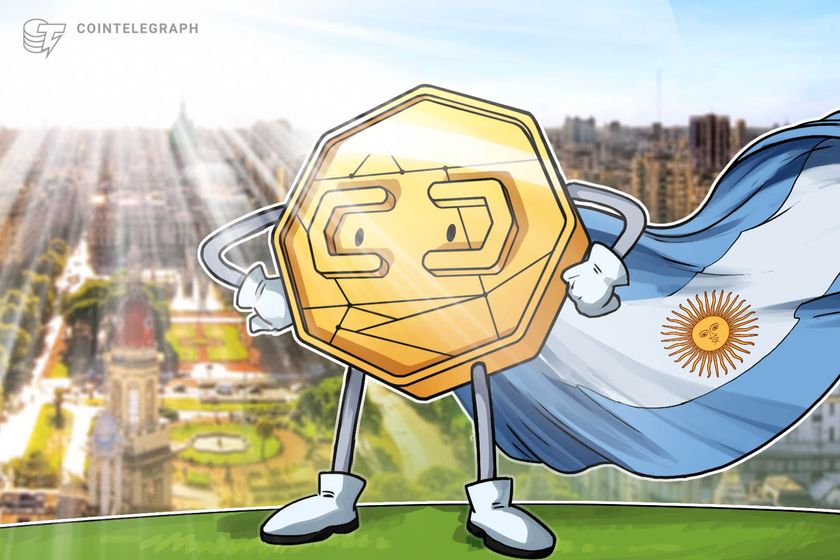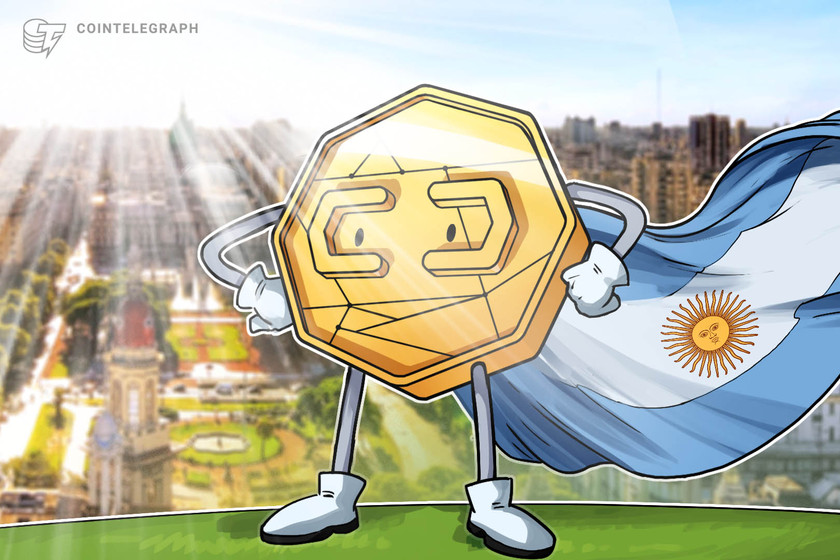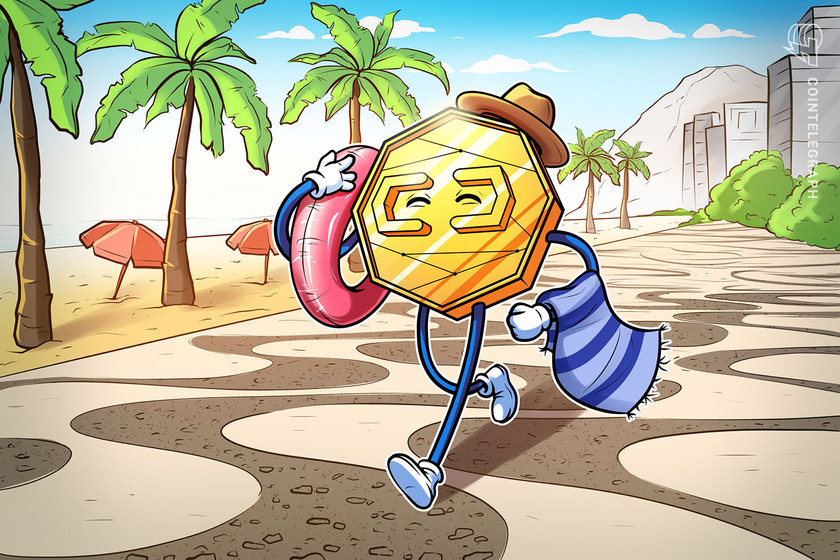Who is Javier Milei, Argentina’s market-friendly president?


Javier Milei, also known as “El Loco,” has proposed dissolving Argentina’s central bank and envisions a society in which contracts will replace governments.
Argentina welcomed a new president on Dec. 10, pledging profound economic reforms in the country, including the dissolution of the central bank along with a number of other measures aimed at reducing government size and spending.
President Javier Gerardo Milei is also known as “El Loco” (the crazy one), a nickname he earned at school due to his explosive personality. During his campaign, Milei pushed his “crazy” persona onto the stage, proposing disruptive measures to a population heavily burdened with a 161% annual inflation rate as of November.
His economic proposals are based on his decades of experience as an economist, ranging from advising politicians to working on private pension funds and banks, and as a professor of macroeconomics and microeconomics, having published several papers about economic growth.






















